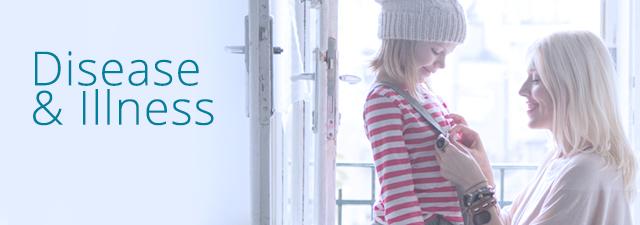Algoma Public Health
Amebiasis
What is Amebiasis?
Amebiasis is an intestinal illness caused by a microscopic parasite, called Entamoeba histolytica (ent-a-ME-ba his-to-LI-ti-ka). Amebiasis occurs worldwide. Although, anyone can acquire this illness, it is most common in people who live in developing countries that have poor sanitary conditions. It is also found in people who have traveled to developing countries and in people who live in institutions with poor sanitation.
Symptoms & Duration
Contact Us!
Sault Ste. Marie: 1-866-892-0172
Blind River: 1-888-356-2551
Elliot Lake: 1-888-211-6749
Wawa: 1-888-211-8074
People exposed to this parasite may experience mild or severe symptoms or no symptoms at all. The mild form of Amebiasis includes nausea, diarrhea, weight loss, abdominal tenderness and occasional fever.
Incubation Period
The symptoms may appear from a few days to a few months after exposure by usually within two to four weeks.
Recovery, Long Term Effects & Immunity
It is recommended to treat Amebiasis. Treatment must be prescribed by a physician. The illness lasts about three weeks with medication, but can last for a long time if untreated. Some people with Amebiasis may carry the parasite for weeks to years, often without symptoms.
How is Amebiasis Spread?
The parasite lives only in humans therefore the parasite is excreted in human stools. Infections happen after eating food or drinking water that has been contaminated by feces that contain the amoeba cysts. Water can be contaminated with human wastes where sewage disposal practices are poor. Another source of the parasite could be raw vegetables which can be contaminated if they are fertilized with human waste. Although, this is not permitted in Canada, it is a practice still followed in other parts of the world. Travelers are at a higher risk of acquiring this infection.
How Do You Prevent Amebiasis Infections?
- Thorough hand washing is the best prevention. Make sure hands are properly washed after using the washroom, handling diapers and before and after preparing or severing food.
- Clean and sanitize diaper changing area after each use.
- Drink water from a safe supply. When traveling, boil water for at least 1 minute if you are unsure of the supply or use bottled water. Remember that ice cubes made from contaminated water may also carry the parasite
- Avoid eating raw shell fish harvested from unknown sources.
- Wash with bottled water or peel all fruits and vegetables before eating.
- If ill with diarrhea, avoid preparing or handling food.
Date of Creation: June 1, 2015
Last Modified: June 1, 2015










